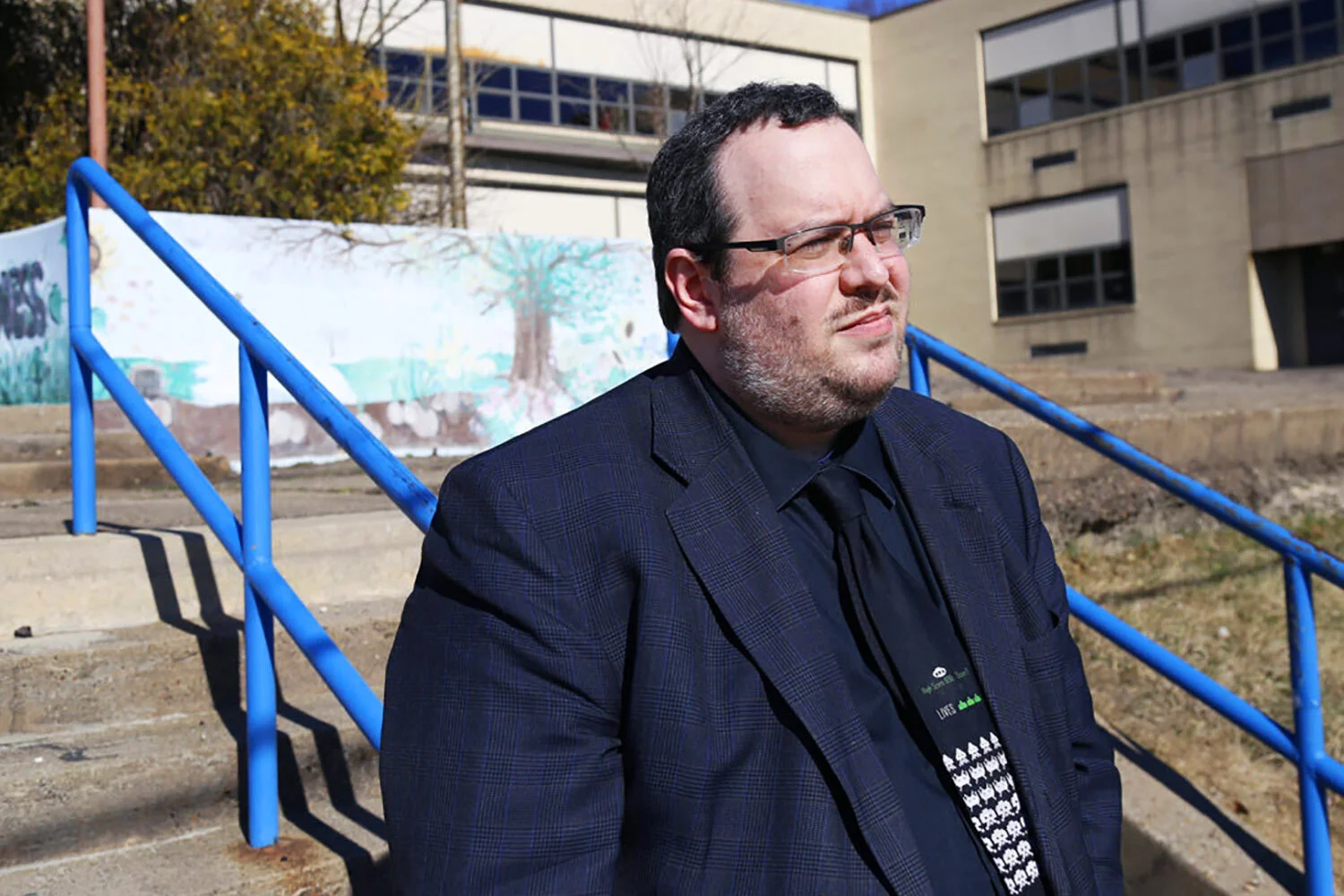As the COVID-19 pandemic extends into a third year, experts have gained a much better understanding of its consequences for the health and development of children and adolescents.
Read MoreA park bench can be so much more than just a place to sit and wait. Perhaps it has a puzzle built into it, or weights that allow children to make measurements.
Read MoreThe SoR movement is a bandwagon with its wheels mired in the same muddle arguments that have never been true and silver-bullet solutions that have never worked. Like Phil, we find ourselves waking up to the same day in reading. This is no crisis, but it certainly is a tired, old story that needs to be left behind through some other vehicle than a bandwagon.
Read MoreIf teachers appear to be a bit shell-shocked by some expressions of disinterest in their lives and work, know that a snappy pep talk is not going to fix it.
Read MoreFrom the very beginning of the “science of reading” movement, media coverage, parental advocacy, and political policy have been misleading and grounded in misunderstanding.
Read More“No excuses” has been compelling because in the U.S. we are prone to seeing all problems as individual and not systemic. But it has also been compelling because education reform has always been tragically drawn to silver-bullet solutions and the shiny mirages seen as “miracles.”
Read MoreAs a Ph.D. student in learning sciences and a math education researcher who believes that young children are perceptive, reflective and brilliant, I embarked on a project to collect children’s stories of schooling during the pandemic.
Read MoreFrom this, I drew a conclusion that has served as a guiding metaphor for my criticism of the education reform movement and the title of one of my books, Beware the Roadbuilders: Literature as Resistance (Garn Press): “Beware the roadbuilders. They are not here to serve you, they are on their way to bulldoze right over you.”
Read MoreThe work to overturn the Science of Reading narrative will be difficult. Parents and legislators like simple solutions to complex problems and terms like dyslexia and "settled science" are seductive. The stakes are high. The goal is clear. All professionals must work to foster a more nuanced view consistent with the research. Our children's access to informed instruction and a full, rich literacy depends on it.
Read MoreIt’s good that President Biden is focusing on updating school buildings in his infrastructure plan. But there’s another crisis his administration should address. America needs a national movement to get well-prepared teachers into our public school classrooms.
Read MoreThese findings suggest physical books continue to play a critical role in fostering young children’s love of reading and learning. At a time when technology is clearly influencing reading habits and teaching practices, can we really expect the love of reading to be fostered by sitting alone on a digital device?
Read MoreAs nurseries and schools begin to reopen across the UK, there is much concern about the impact of this very difficult year on children. One aspect of normal childhood which many have missed out on in the last 12 months is the simple fun of playing outside.
Read MoreA teacher, they know and understand. Their kids had teachers. They had teachers when they were young. But County Council? So why is a public school teacher like me trying to get their support on May 18 and get elected?
Read MoreTo answer that question we have to look at the process of reading and how children and young people respond. I've produced a checklist for teachers to discuss, adapt, argue within whatever ways they choose. Not in any particular order, reading for pleasure.
Read MoreMost of the hard work of becoming a reader is done by the reader. We can help, but skilled reading is mostly a matter of the individual spending highly engaged time in the act of reading, making meaning, figuring out words, solving problems along the way. When vulnerable readers need help, reading helpers provide it. Here are some ways I think we can provide that help.
Read MoreOne of the paradoxes of writing by academics and scholars is that the focus on fidelity to the content and ideas at the exclusion of accessible and engaging expression serves to discredit and devalue that content and those ideas. Here, then, are some entry points for academics and scholars to re-imagine themselves as writers.
Read MoreStylistics is a broad term to cover the 'how' texts are put together. Into this 'bag' we can put any of the following and others you might think of.
Read MoreInequities in children’s kindergarten experiences compound inequities in early childhood experiences. Research consistently shows the benefits of early childhood education for children’s development. But access to early learning opportunities has become even more inequitable in the pandemic, according to a report from the Center for American Progress.
Read MoreAs a community college instructor who has studied teachers’ perspectives on what it takes to establish a good rapport with students, I have observed five actions that I believe all educators should take to build better relationships in their online classes.
Read MoreSpoken word encompasses elements of rap, hip-hop, storytelling, theater and more. It is characterized by rhyme, repetition, word play and improvisation. It often touches on issues of social justice, politics, race and community. It holds the promise of helping young people to connect with ideas as well as providing a means to deepen comprehension and develop understanding and empathy.
Read More


















